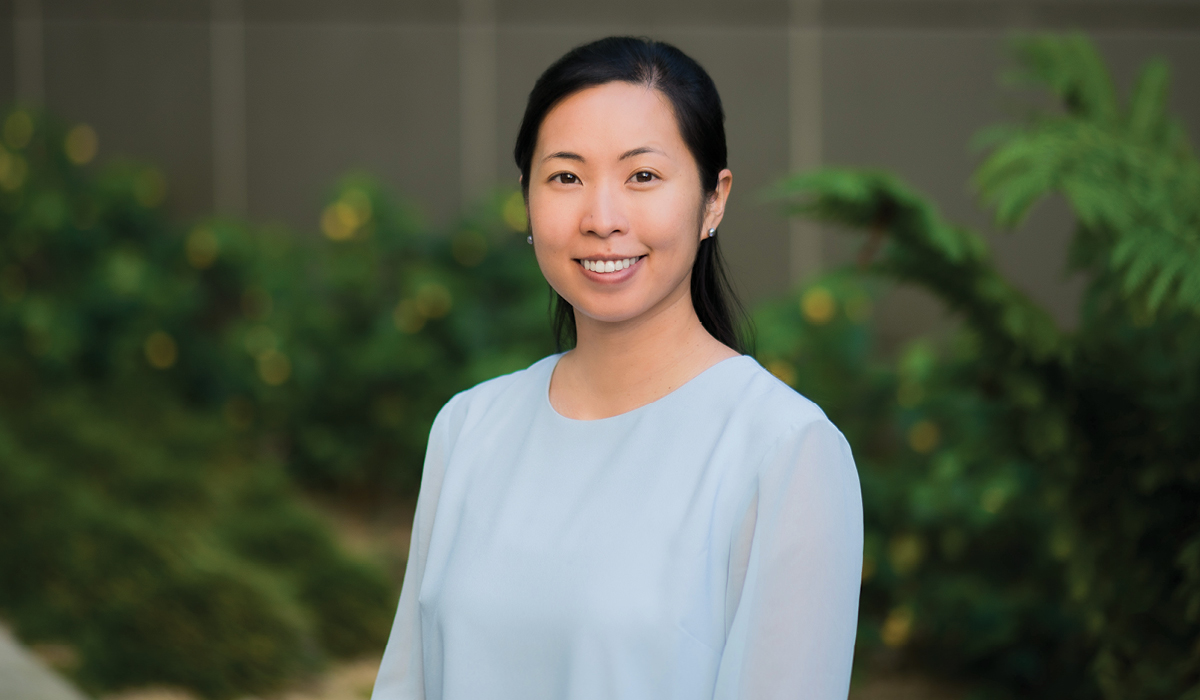Breast Cancer Risk Could be Determined in Seconds: Artificial Intelligence
 Imagine a future where your annual mammogram isn't just a routine check-up but a personalized assessment of your breast cancer risk. Maggie Chung, MD, a breast imaging expert at UCSF, and Adam Yala, PhD, Assistant Professor of Computational Precision Health and Electrical Engineering and Computer Sciences at UC Berkeley and UCSF, are advancing research on the clinical translation of Mirai, an artificial intelligence (AI) algorithm that assesses breast cancer risk. Developed by Dr. Yala, Mirai can analyze a mammogram in seconds and predict an individual’s future risk of developing breast cancer.
Imagine a future where your annual mammogram isn't just a routine check-up but a personalized assessment of your breast cancer risk. Maggie Chung, MD, a breast imaging expert at UCSF, and Adam Yala, PhD, Assistant Professor of Computational Precision Health and Electrical Engineering and Computer Sciences at UC Berkeley and UCSF, are advancing research on the clinical translation of Mirai, an artificial intelligence (AI) algorithm that assesses breast cancer risk. Developed by Dr. Yala, Mirai can analyze a mammogram in seconds and predict an individual’s future risk of developing breast cancer.
Chung sees many potential benefits of AI risk prediction models, explaining, “With AI, you can create a dynamic risk prediction year by year, based on your screening mammogram, instead of relying on lifetime risk factors.” This approach not only enhances the accuracy of risk assessment but also enables timely interventions, offering additional screenings like MRI when needed. Traditional risk assessment methods often rely on lengthy questionnaires that can be challenging for patients, particularly those whose first language is not English. Chung and Yala recognize the limitations of traditional risk assessment methods and are working to improve clinical care by focusing on AI-powered analysis. They are building upon Mirai to further enhance its accuracy. In parallel, they are studying the benefits of AI risk assessment tools in clinical practice through prospective trials.
Chung and Yala work with a team on a large multi-center trial using AI models to select patients whose screening mammograms read as normal, but are assessed by the AI model as high-risk. The AI can assess very subtle clues that are not discernible by the human eye, such as tissue texture patterns or tiny indications of the very early signs of breast cancer. High-risk individuals, once identified, can then be offered supplemental MRI screening to improve early detection and outcomes.
Chung said, “We’re offering MRIs to patients identified by the AI model as ‘very high risk.’ Based on our predictions, we expect to detect more cancers in these pre-selected patients than are currently detected through supplemental screening MRIs offered by existing high-risk screening guidelines.”
In another prospective study underway at Zuckerberg San Francisco General Hospital (ZSFGH), Chung and Yala use the AI model to identify patients in the top 10% of risk. By prioritizing this group, the study offers same-day evaluations for their screening mammograms. This algorithm-aided screening helps reduce the need for return visits to evaluate potential abnormalities seen on the screening mammogram, saving patients time while enhancing the hospital’s operational efficiency. The potential benefits are especially significant for underserved and unhoused patients, who often face additional challenges in scheduling and attending follow-up appointments at ZSFGH.
